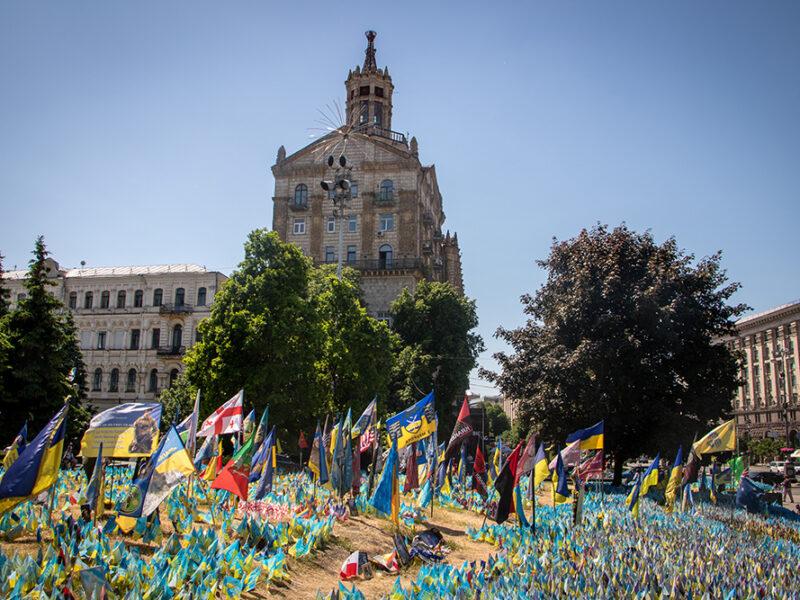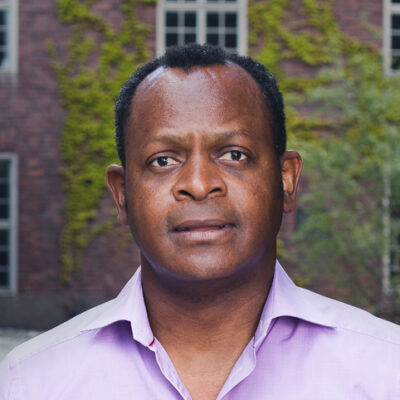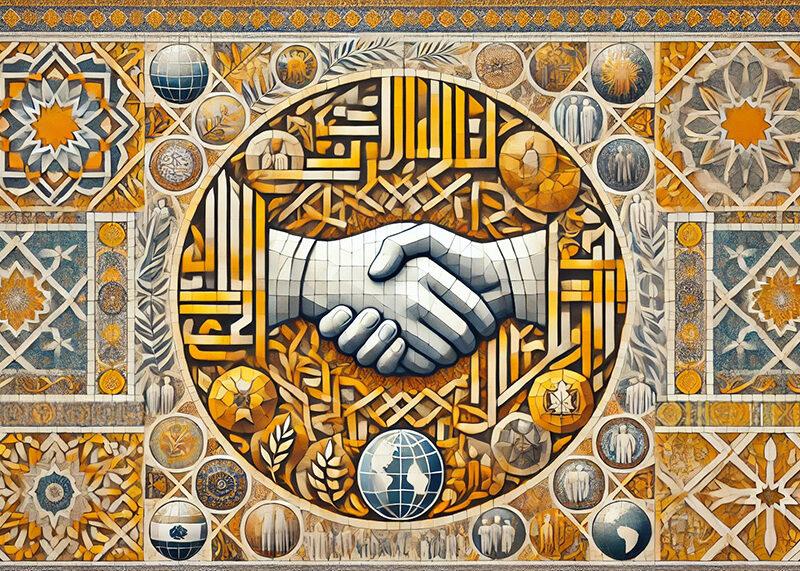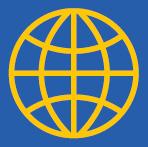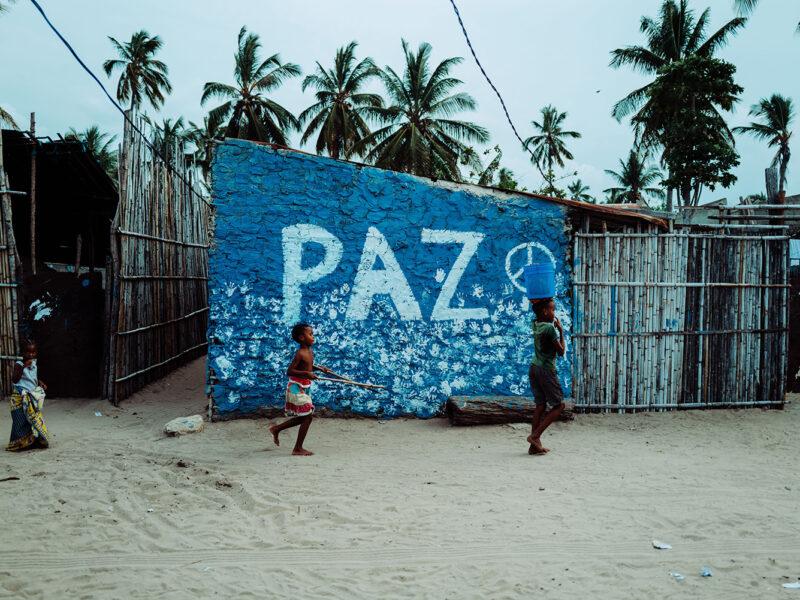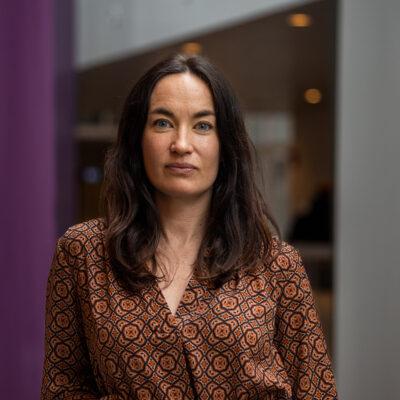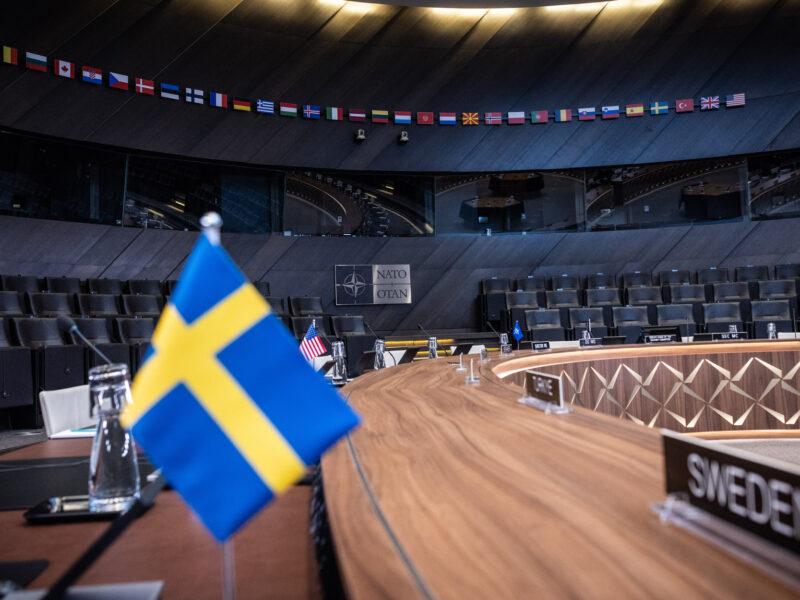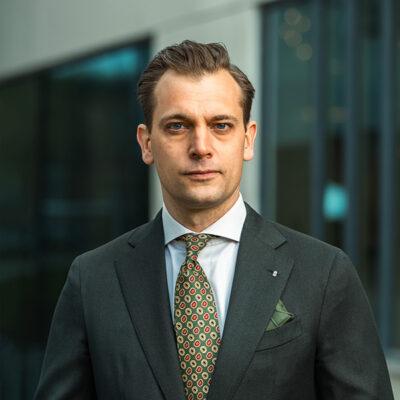The importance of inclusive peace processes
Conflict resolution practitioners have had to grapple with a changing and dynamic environment for the last three decades.
Prior to the ending of the Cold War many conflicts were between two countries or more, and the resolution was often reached through either victory or defeat, or an agreement between the states at the elite level.
Today, the international armed conflict environment and the prospects for peaceful resolution has significantly changed. Most conflicts now are of an internal civil war nature, that spills over borders and draws in neighbouring countries or populations, who are not always controlled by any state. The causes of these conflicts often stem from serious divisions within society where certain groups have been marginalised and lack social, economic and political power, due to their identities.
Any successful and lasting resolution of such a conflict ideally includes all those affected by the conflict – including women, victims, various ethnic groups, civil society, business communities, religious leaders, grassroots and many other stakeholders. They all need to reconcile their differences and build a future together, in the same country where they must live side-by-side.
As a consequence, the resolution of most armed conflicts today should extend beyond a simple deal between the elites within a country. Dealing with deep-seated challenges within a society, a modern peace process needs to be inclusive. From negotiations, through to the signing of a peace agreement and its implementation.
The Dialogue and Peace Mediation Unit at the FBA is working to promote and advise international peace processes on the inclusion of women and other affected and marginalised groups. We focus on meaningful participation, which demands that we do not simply work towards token forms of inclusion. Women and other groups cannot be part of the process for cosmetic reasons or to make up the numbers. They need to be included at all stages of a peace process and in the formal negotiations, as part of the negotiating teams and in leadership roles within those teams.
However, the promotion of inclusion in peace processes does not come without challenges. In many instances, the armed and governmental parties to a conflict do not see the value of having an inclusive process. This can come about for various reasons, such as the fear of sharing power with an extended group of stakeholders. Or the conflict parties may view civil society and marginalised groups as part of their constituencies, and think that they are therefore already represented during negotiations.
Other reasons for exclusion can be history or culture. In many countries and cultures women, for example, have historically been excluded from the negotiating table and indeed many other social, political and economic spheres of life.
Another argument often made is that the primary goal of a peace process is to end the violence and save lives now. Including stakeholders that do not have a key role in the armed conflict is not a priority nor realistic. A related argument is that peace processes cost money, and inclusive peace processes cost even more as they consist of the participation of a much larger community that includes various segments of society. It also requires much larger efforts to run inclusive peace processes.
Such arguments are difficult to dismiss lightly. But those paying the bill must make a cost-benefit analysis of a failed process that reverts back to armed conflict and the significantly higher costs that creates; against the increased but over time significantly lower costs of an inclusive peace process.
av Eldridge Adolfo
